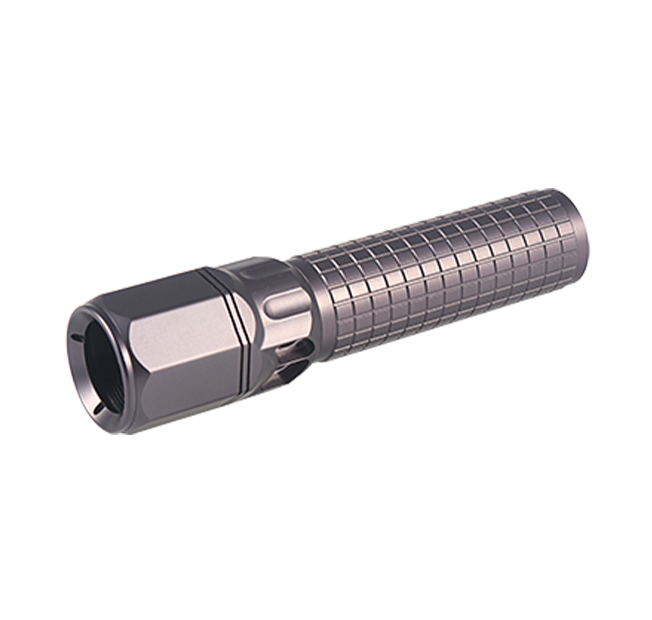Time:2025-06-26 Views:0 source:CNC Machining customization source:CNC Machining news

In the modern era, elevators are not just a means of vertical transportation but also a symbol of technological advancement and safety. The precision and reliability of elevator components, particularly the carriage, are crucial for ensuring smooth operation and passenger safety. CNC (Computer Numerical Control) machining has revolutionized the manufacturing process of elevator components, offering unparalleled accuracy and consistency.
CNC machining involves the use of computer-controlled machines to perform a variety of operations, such as cutting, drilling, and milling, on raw materials. For elevator carriage components, this technology ensures that each part is manufactured to exact specifications, minimizing the risk of defects and enhancing overall performance. The high-precision nature of CNC machining allows for the creation of complex geometries and tight tolerances, which are essential for the structural integrity and functionality of the elevator.
One of the key components of an elevator carriage is the guide rail, which ensures the smooth vertical movement of the elevator. CNC machining can produce guide rails with precise dimensions and surface finishes, reducing friction and wear over time. Additionally, the machining process can be programmed to create custom designs and modifications, catering to the specific needs of different elevator models and applications.
Another critical component is the door mechanism, which must operate flawlessly to ensure passenger safety and convenience. CNC machining can produce door panels, frames, and moving parts with exacting precision, ensuring that they fit together perfectly and function smoothly. This level of precision also extends to the motor and pulley systems, which are responsible for the elevator's movement and speed control.
The use of CNC machining in elevator component manufacturing also offers significant advantages in terms of quality control and production efficiency. The automated nature of the process reduces the likelihood of human error and ensures consistent quality across all parts. Furthermore, CNC machines can operate continuously, increasing production capacity and reducing lead times.
In conclusion, the integration of CNC machining in the production of elevator carriage components has transformed the industry, providing high-precision, reliable, and customizable solutions. This technology not only enhances the safety and performance of elevators but also drives innovation and efficiency in the manufacturing process.
Read recommendations:
Sealing ring Precision electronic parts
Housing components for recessed downlights Precision electronic parts
Oval Magnetic Hardware Precision electronic parts